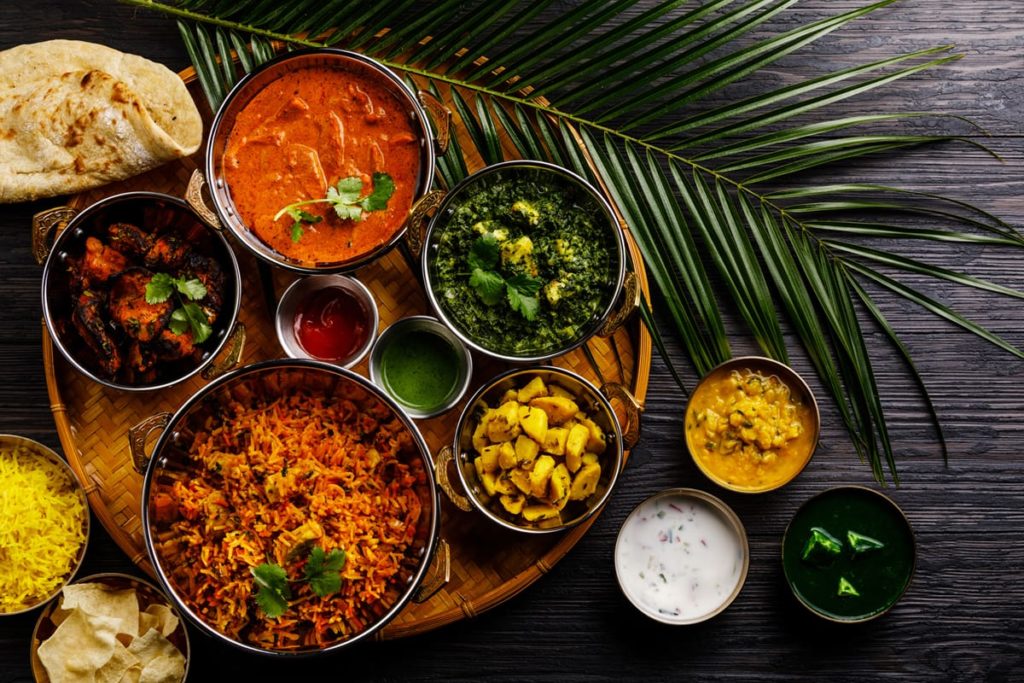
The Ayurvedic diet is a way of eating that, while it may appear new to us because of its recent popularity, has its roots in traditional Ayurvedic medicine, which was practiced thousands of years ago by India’s ancient peoples. Its goal is to develop inner harmony through diet in order to attain health and happiness. The Ayurvedic diet does not adhere to a strict list of authorized and prohibited foods, but rather tailors the various menus to the particular needs of each person, based on their constitution and features.
Continue reading this article to learn what the Ayurvedic diet is, the principles upon which it is founded, and the foods that are suited in each circumstance. We also discuss the benefits of the Ayurvedic diet.
What is Ayurvedic Diet
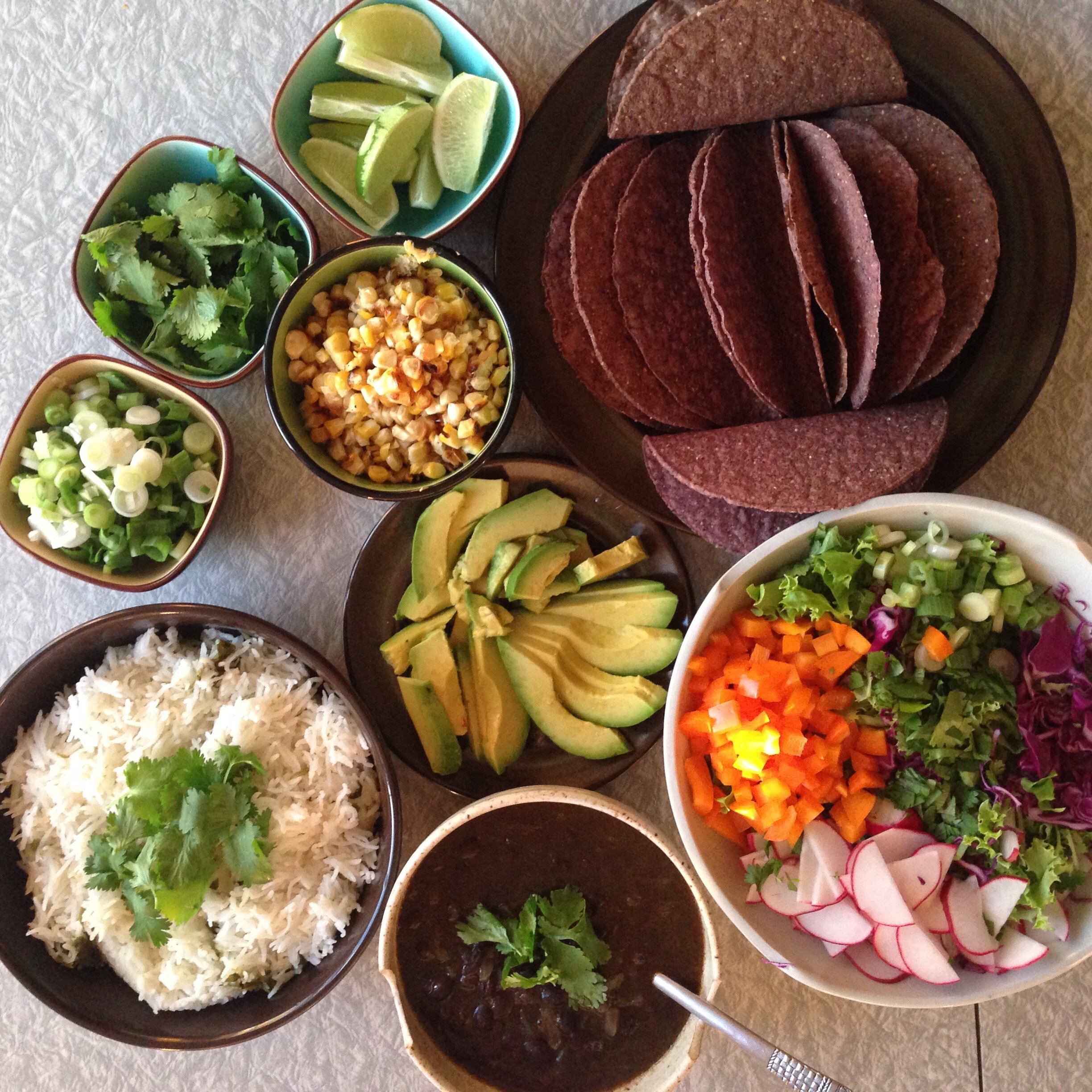
Because it is a holistic notion of total care of the person, Ayurvedic is not quite a standard diet, with defined meals and calorie ‘tracking.’ Ayurvedic therapies that seek personal balance in harmony with oneself and the Universe include meditation, the capacity to relax to combat stress, and the use of therapeutic plants, in addition to food.
The foods advised by the Ayurvedic diet are always dependent on each individual’s physical constitution and personality, known as dosha, yet the way they are eaten does follow some general recommendations in any event, which are:
- Although there are no meals that are restricted, fresh foods of vegetable origin predominate, and they are prepared with simple cooking methods to keep them as natural as possible.
- It is recommended that you consume three meals every day to allow ample time for digestion. Furthermore, the Ayurvedic diet dictates that the last meal, dinner, be had at least two hours prior to bedtime.
- Meals must be prepared with awareness, that is, by understanding the food we eat and its attributes. Chewing thoroughly and slowly, as well as eating in a peaceful and comfortable environment, are other crucial suggestions for ensuring that food has a health-promoting effect.
- The quantities are also crucial in the Ayurvedic diet, which recommends eating until you are satisfied rather than eating excessively, i.e. not eating until you are full.
- The diet is usually complemented by healthy habits such as adequate rest and moderate exercise, and it only restricts foods that can be detrimental in excess, such as alcoholic beverages or processed foods high in sugars and saturated fats.
- Ayurvedic recipes are centered on a blend of flavors that must be present in each dish: sweet, salty, and acidic.
Body Types in The Ayurvedic Diet
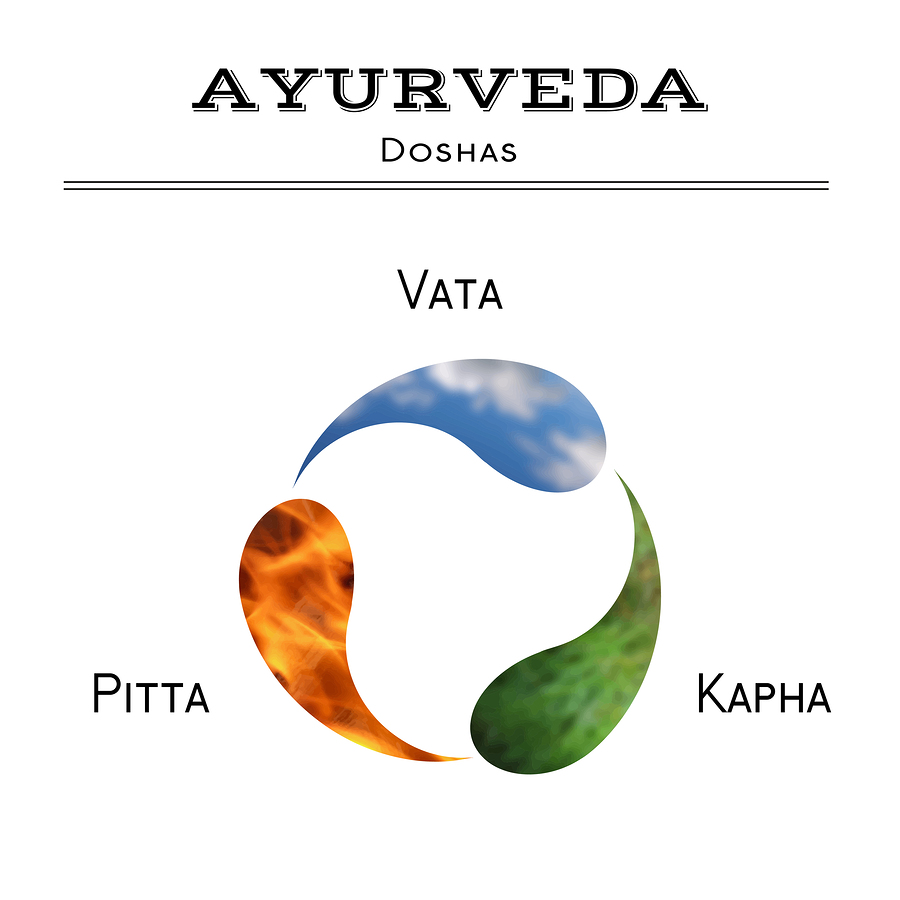
Knowing each person’s physical and mental traits is critical for the Ayurvedic diet to achieve its goal of improving health via food. Traditional Ayurvedic medicine distinguishes three body kinds, or doshas, based on the elements that predominate in each of them: water, earth, fire, air, and ether, all of which are also components found in the Universe.
- Vata: They are usually slim, nimble persons who are particularly susceptible to chilly weather. They’re vivacious, inventive, dynamic, and brooding. When they have imbalances, they might be influenced by spells of tension, anxiety, and poor digestion, according to Ayurvedic medicine.
- Pitta: They are clever, enterprising, and competitive people with a strong constitution and a decent appetite. When they are out of balance, they can cause metabolic issues as well as problems with skin diseases like eczema and psoriasis.
- Kapha: They are physically powerful and resilient individuals who are also patient and affectionate. They are the people that have a higher proclivity for gaining weight.
Foods in The Ayurvedic Diet
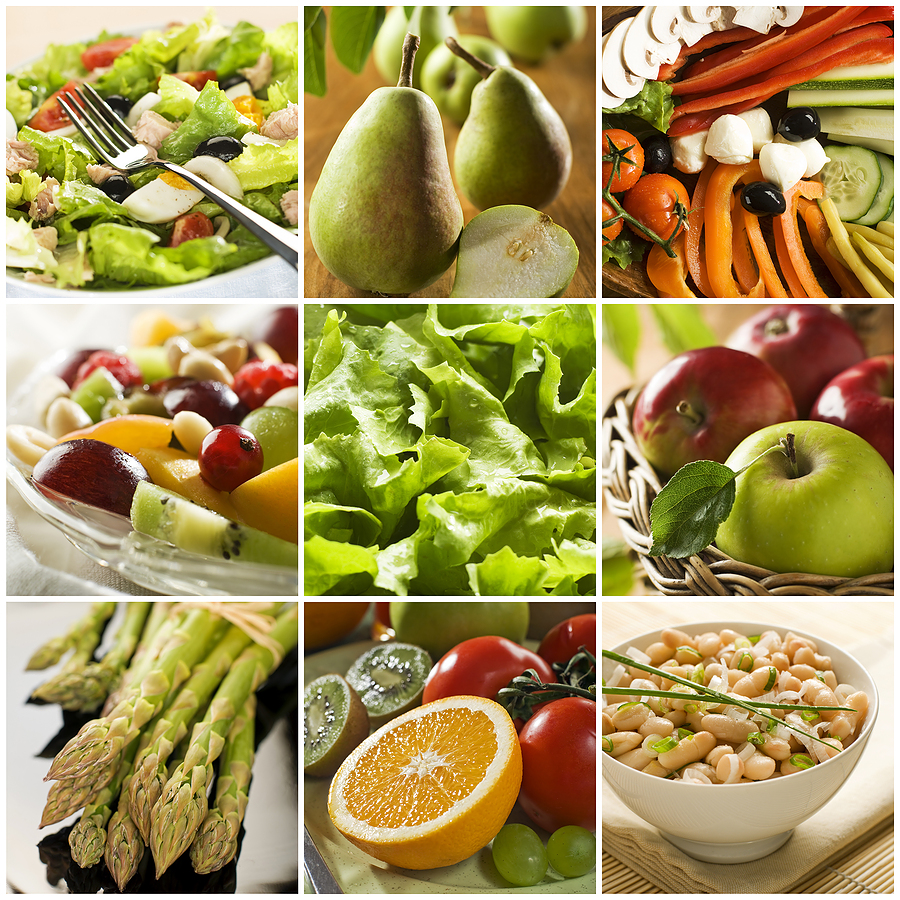
Food is one of the foundations of the Ayurvedic way of life. The consumption of foods that benefit us the greatest helps to personal and environmental balance, health, and well-being. Although the diet is always dependent on the dosha, the following items are common in the Ayurvedic diet:
- Seasonal fruits and vegetables
- Spices and medicinal plants
- Whole grains
- Legumes and sprouted grains
- Milk
- Meats (according to dosha)
- Nuts and seeds
- Infusions, especially all kinds of teas
The following foods are the most recommended for each dosha:
- Vata: Vata people should consume nutrient-dense foods as well as healthy fats (in moderation). Furthermore, due to its sensitivity to cold, it is recommended that cold foods be avoided in favor of warm, well-seasoned foods with spices such as thyme, coriander, or ginger root. Some of the most suggested foods include dairy products, poultry, fish, sweet and ripe fruits like bananas or peaches, and cereals like oatmeal and rice.
- Pita: The foods that most help pita individuals keep their health and balance are vegetables. Leafy vegetables, asparagus, broccoli, pumpkin, and other similar vegetables should form the foundation of your Ayurvedic diet, which should be supplemented with legumes, grains like barley or wheat, and dairy products.
- Kapha: One of the criteria of the Ayurvedic diet for Kapha people is to avoid fried meals and reduce salt intake. Some of the most suggested foods include types and colors, broccoli, cauliflower, potatoes (baked or boiled), and legumes, particularly lentils. Milk, as well as cold foods in general, should be avoided.
Benefits of The Ayurvedic Diet
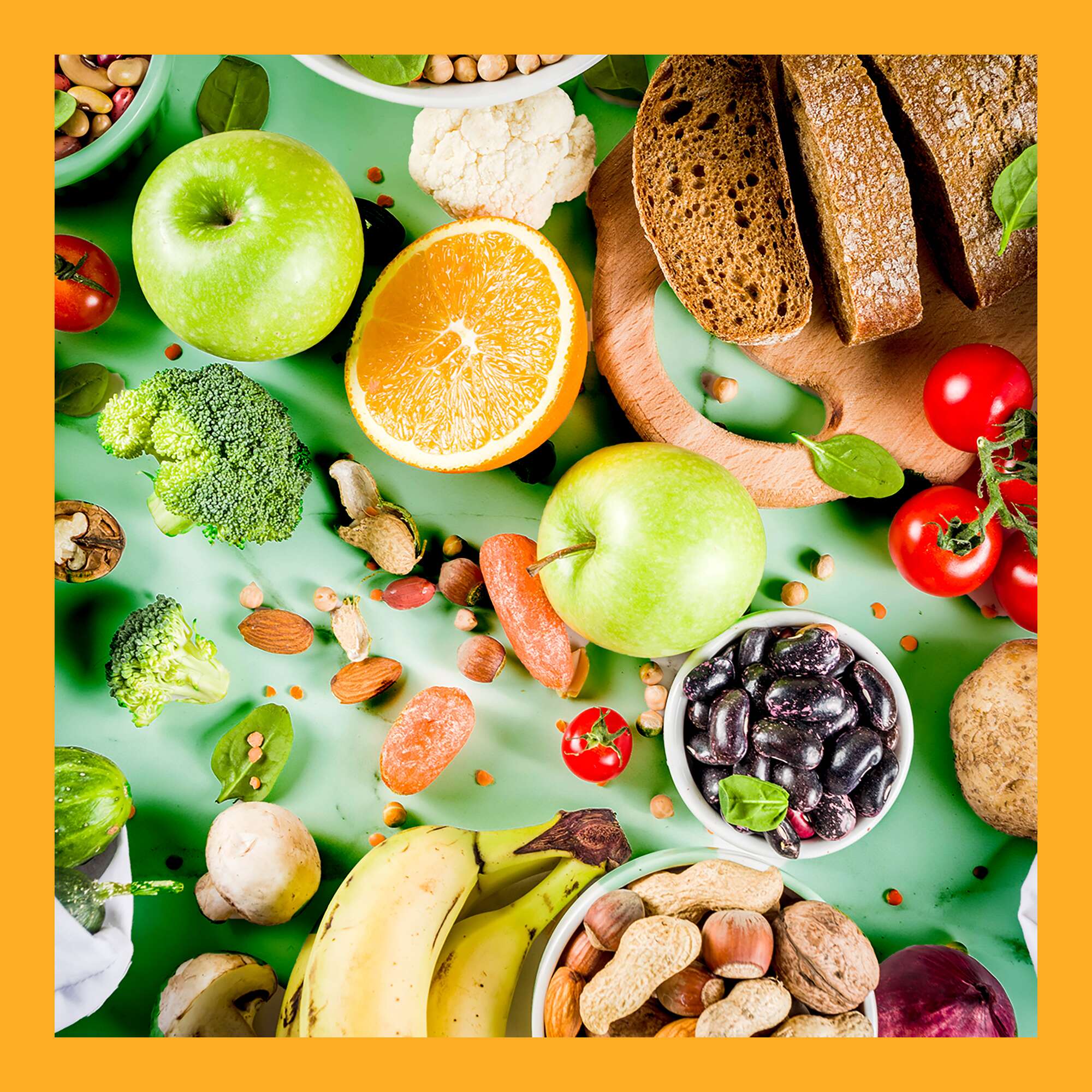
An Ayurvedic diet aims to provide the body with the meals that are optimal for it, as well as the energy and nutrients it requires to maintain health and well-being. The following are some of the advantages of an Ayurvedic diet:
- It is a diet that consists primarily of fresh and seasonal plant foods that are high in various nutrients and low in fat.
- Aids in the maintenance of a healthy weight without the need of restrictive or “wonder” diets.
- The presence of fiber-rich meals promotes proper intestinal transit.
- It increases well-being by lowering fatigue, improving the immune system, and is thought to aid in the treatment of stress, anxiety, and sleeplessness.
All of these elements come together to form the Ayurvedic diet’s notion of holistic self-care.






